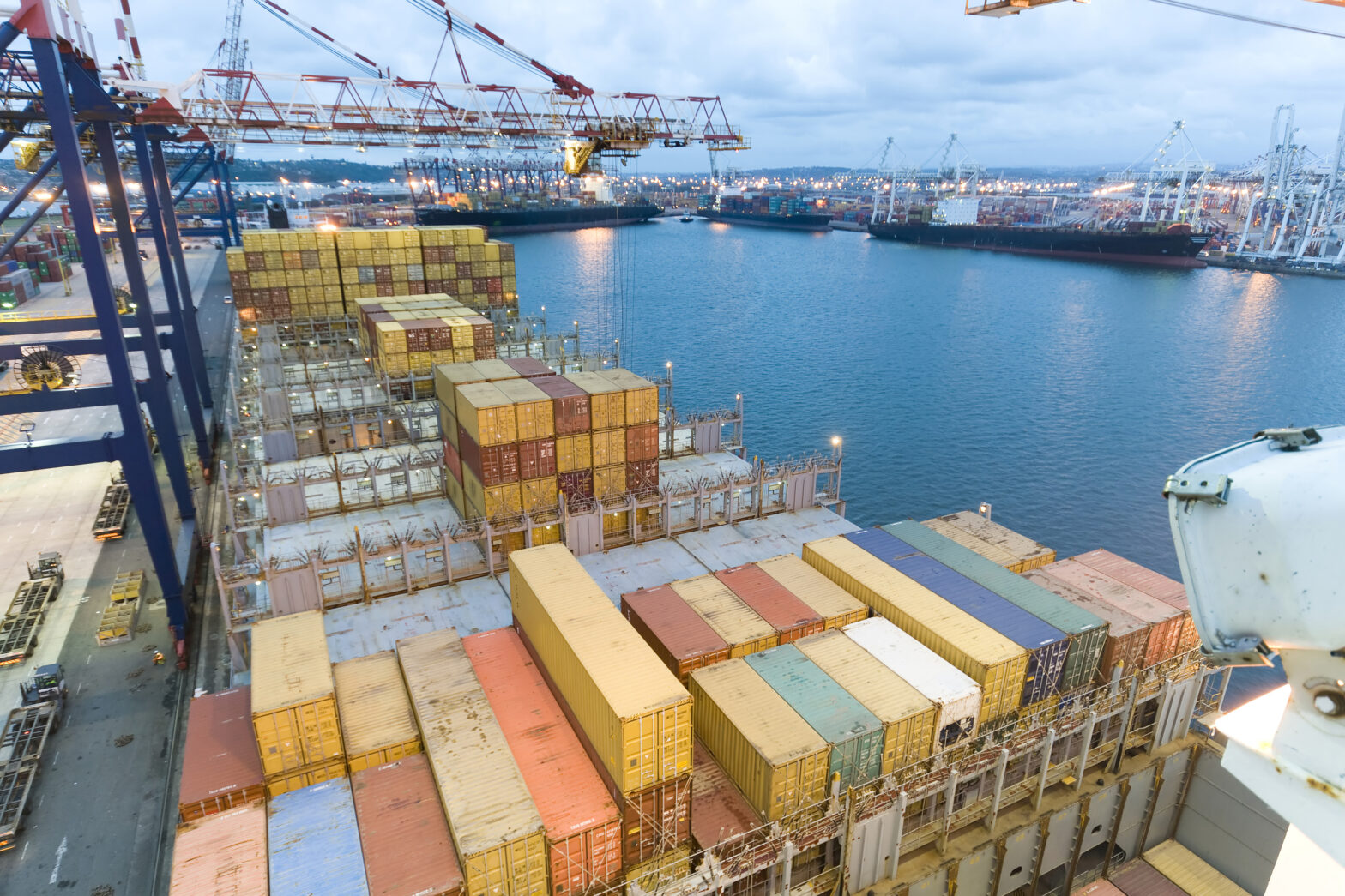Whatever form Brexit takes, it’s going to make life more complicated for small and medium-sized enterprises (SMEs). But when placed in the context of a recession caused by a continuing global pandemic, it makes the route ahead incredibly uncertain – especially for those businesses trading overseas. Open Banking provides clues to a way forward for SMEs, but some major opportunities have been missed thus far. With a unique understanding of Open Banking, Currensea is providing SMEs with simplicity and transparency over their international transactions and helping them find the clearest route through 2021.
SMEs in 2020
In many ways, SMEs are the heart of the UK economy; in 2019, there were 5.9 million SMEs in the country, providing employment to 16.6 million people and seeing an estimated turnover of £2.2 trillion.
Up to 4.72 million of these SMEs trade internationally and a quarter of them have had to slow or halt overseas trading due to the restrictions of the pandemic. In fact, SME exports have dropped by around 10 per cent – this alone has cost the UK up to £20 billion.
But the pandemic is not the only complicating factor for SMEs; Brexit has been hanging over business owners for over four years and its final deadline is quickly approaching. Regardless of this, Europe remains the UK’s biggest trading partner, making up 75 per cent of SME international trade, and it is unlikely that this will change overnight.
By the January 1 2021, all UK companies will be required to operate under new customs and border policies – and the lack of transparency over exactly how this will impact businesses has left many decision makers hesitant to invest in preparations.
Rough seas ahead
Thanks to a report commissioned by Currensea and in partnership with research agency Vitreous World, we can see how this these impacts are affecting UK businesses. Regardless of the lack of clarity in policy changes, 45 per cent of SMEs report that they will continue their international trading as usual post-Brexit.
However, the remaining 55 per cent represent the uncertain majority. They are those who have been left with a difficult decision: to either halt their international trade at the expense of business and seek out other more certain avenues for trade, or to take a risk and press on blindly.
Richard Greening, the Global Technical Director at Business Process Outsourcer, said that larger companies are generally prepared for Brexit; whereas SMEs are struggling because they remain unable to predict the post-Brexit operating environment and lack the financial padding of larger companies. Therefore, were they to make the wrong investment and take a hit, they would subsequently suffer.
Although Greening is referring solely to Brexit, the sentiment remains the same for COVID. In fact, regardless of the form Brexit takes, its effects will only be compounded for small businesses who are operating in an economy that’s damaged by a lockdown to which there is no clear end.
But there are tools at the disposal of SMEs that can help them clear a path through; one such is Open Banking.
What is Open Banking?
For all the complexities associated with leaving the European Union, Open Banking is a global trend that was, ironically, implemented in the UK as a directive from the Competition and Markets Authority, shortly after the passing of European legislation known as the second Payment Services Directive, or PSD2.
Open Banking broke open the monolithic banking industry to innovation – forcing banks to open up to third party APIs (APIs simply being an intermediary piece of software that defines and facilitates the communication of two or more applications). Open Banking allows third party providers to access bank account data, via these APIs, in a secure and standardised manner.
What’s exciting for SMEs right now is that Open Banking provides them direct access to the innovations that can provide much needed simplicity over the coming months.
A recent example of Open Banking in action is the account aggregation being spearheaded by Monzo: this allows participants to transfer funds between their Monzo account and different banks without needing to enter their login information for the secondary banks.
But many of the capabilities being championed by disruptor banks like Monzo and Revolut are only scraping the surface of the potential transformation that could be delivered through innovative Open Banking. For example, when it comes to international payments for SMEs, these Fintechs still charge businesses for individual overseas transactions.
This is possibly why, two years since the introduction of Open Banking, few businesses are capitalising on the myriad of simplifying capabilities it can offer.
Cutting through complexity
Regardless of the details of all the complications of Brexit and the COVID crisis, it boils down to one issue: the pandemic has hit every business hard; unemployment is high, and these small and medium businesses make up a huge chunk of an already damaged economy.
We should be seeking out any way of making business flow a little easier – not just for established businesses, but for anyone with entrepreneurial flair who is looking to trade overseas. And there are solutions out here that are specifically designed for SMEs.
One avenue that businesses trading overseas can look to is Currensea. Available thanks to an in-depth understanding of the untapped capabilities presented by Open Banking, Currensea makes the process of international payment as simple and as transparent as possible.
Keep it simple
It doesn’t matter what your business is and or what you’re buying – whether you’re renewing your Amazon Web Service subscription or bulk ordering five thousand items of clothing to design and re-sell as merchandise. When you make that purchase with your Currensea card, you know two things:
- You’re getting the best possible inter-bank exchange rate – 24/7
- You’re getting the lowest possible payment fee: zero per cent
At the end of the day, SMEs purchase and sell overseas for the best possible value – so why undercut this with expensive payment fees and sub-optimal exchange rates?
Currensea
In the year of complexity, simplicity is not only craved by SMEs – it’s required. Which is why, thanks to a clever application of Open Banking, Currensea links to your existing business account seamlessly, thus removing all the obstacles between you and the best value overseas transactions possible in 2021.
To get your own Currensea card, or to find out more about exactly how much you could save on your common overseas transactions, head over to Currensea.








